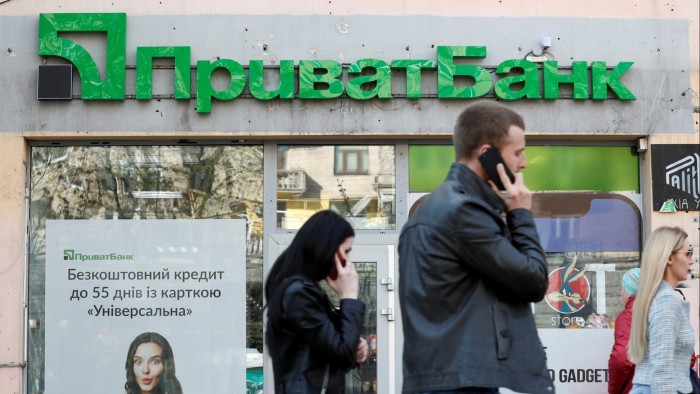
Ukrainian oligarchs ordered to repay $1.9bn over bank fraud
Unlock the Editor’s Digest for free
Roula Khalaf, Editor of the FT, selects her favourite stories in this weekly newsletter.
The former oligarch owners of Ukraine’s largest bank were ordered to hand over almost $2bn in assets by England’s High Court in a fraud case that had become a test of Kyiv’s commitment to tackling corruption.
Ihor Kolomoisky and Gennadiy Bogolyubov, who co-owned PrivatBank until it was nationalised in 2016, were found by the judge, Mr Justice Trower, to be “jointly and severally liable” for losses through fraudulent lending that triggered the bank’s collapse, and were ordered to repay $1.9bn.
The ruling is a victory for PrivatBank, which waged an eight-year battle in the English courts to try to recover money from Kolomoisky and Bogolyubov. It is also a success for Ukraine’s government, whose anti-graft credentials took a battering last week when President Volodymyr Zelenskyy curtailed the independence of two key anti-corruption agencies. He is now trying to reverse that move after it triggered a fierce backlash from civil society groups and international partners.
Kolomoisky was an early supporter of Zelenskyy. His television channel carried Zelenskyy’s hit show Servant of the People and helped propel him to election victory by giving his campaign wall-to-wall coverage. Suspicions about the oligarch’s influence over the president deepened when Zelenskyy appointed an ex-lawyer for the tycoon as his chief of staff.
Zelenskyy subsequently turned against Kolomoisky, pushing through a law to prevent former bank owners from regaining their assets in the courts.
The Ukrainian state took over PrivatBank after regulators found a $5.5bn hole in its balance sheet related to bogus loans. Its recapitalisation cost the state 6 per cent of Ukraine’s GDP, making it one of the biggest banking collapses in Europe relative to national output. It was part of a widespread clean-up of Ukraine’s graft-riddled banking system a decade ago.
Kolomoisky and Bogolyubov denied being involved in PrivatBank’s lending decisions, but neither appeared in court to give evidence in the case.
PrivatBank claimed that from 2013-14, the loans were channelled to sham companies controlled by Kolomoisky and Bogolyubov as payment for fictitious commodity trades. The bank claims it was an elaborate scheme to siphon money from the group and launder it overseas, evading Ukrainian capital controls.
Since the bank’s nationalisation, Kyiv has been under pressure from its lenders, including the IMF, to claw back the money. Kolomoisky, meanwhile, fought unsuccessfully to reverse the nationalisation in Ukrainian courts.
The former oligarch has been held in detention in Ukraine since 2023 pending trial on multiple charges of fraud and money laundering. In May 2024, he was served with a notice of suspicion by detectives for allegedly having ordered the attempted murder in 2003 of a lawyer involved in a corporate dispute. Kolomoisky’s lawyers said the allegation was baseless.
Kolomoisky, who is also under US sanctions for corruption, has been investigated in the US for fraud and money laundering. In 2021, the State Department banned him and his family from travelling to the US over his “involvement in significant corruption” while he was a provincial governor in Ukraine from 2014 to 2015.
Assets worth $2.5bn owned by Kolomoisky and Bogolyubov were first frozen by an English court in 2017. The case was heard in England because some of the companies through which the loans were channelled are English, while three others are registered in the British Virgin Islands. The companies were found partly liable for the losses.
PrivatBank chair Nils Melngailis said the ruling against the former owners was “a monumental victory for the bank and our shareholder — the government of Ukraine — as well as for the millions of Ukrainians who rely on PrivatBank every day”.

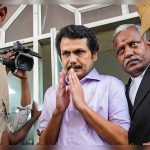
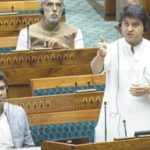

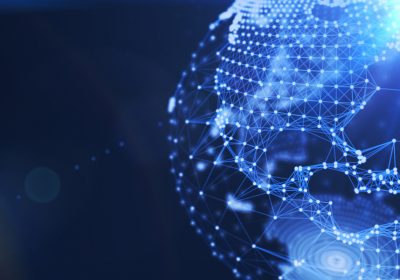
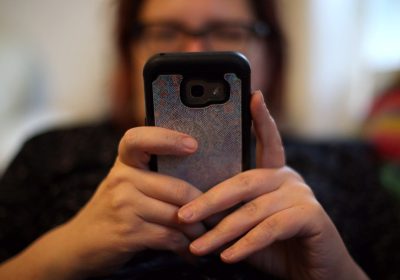
No Comment! Be the first one.